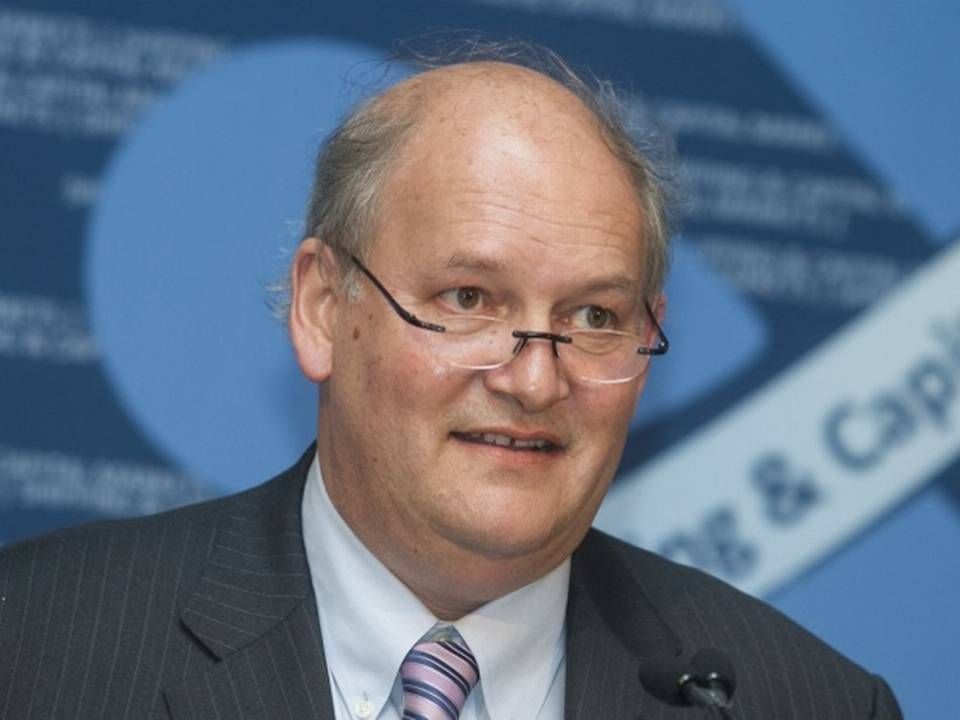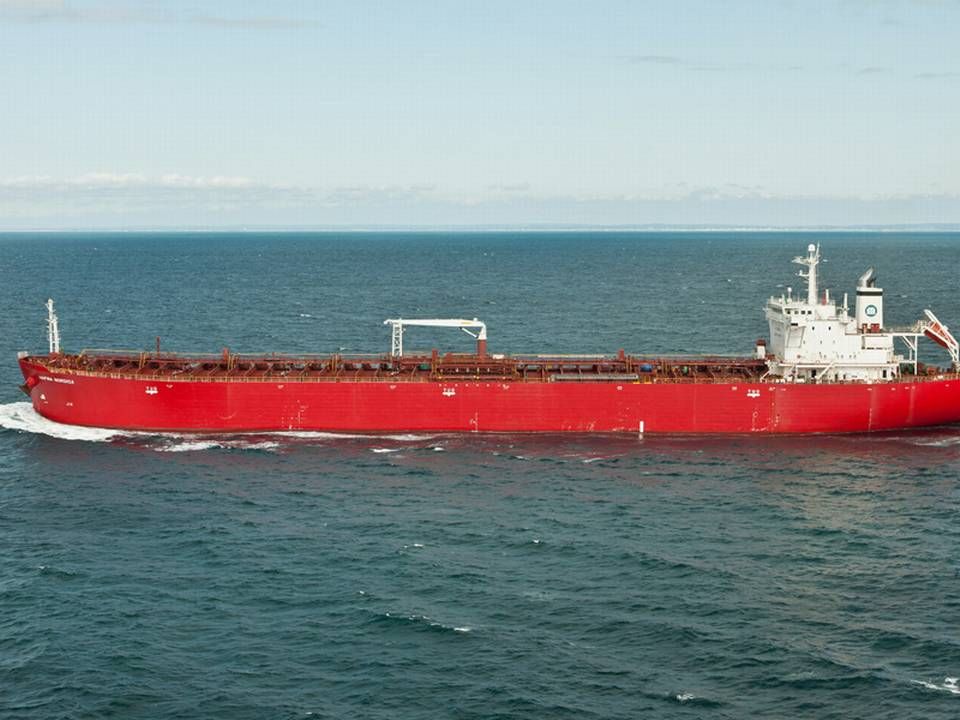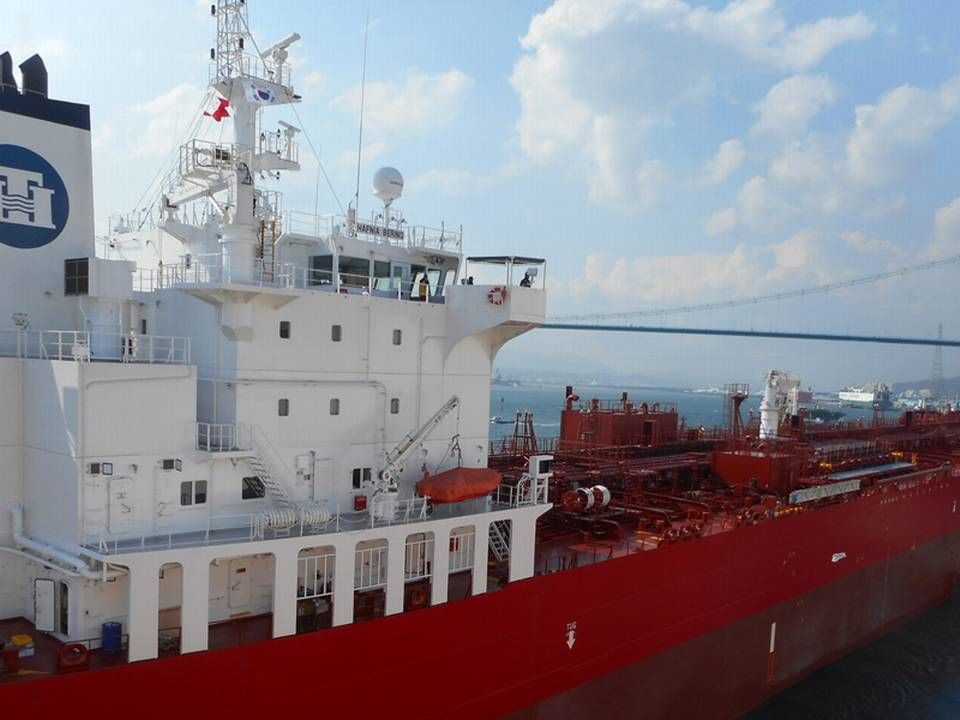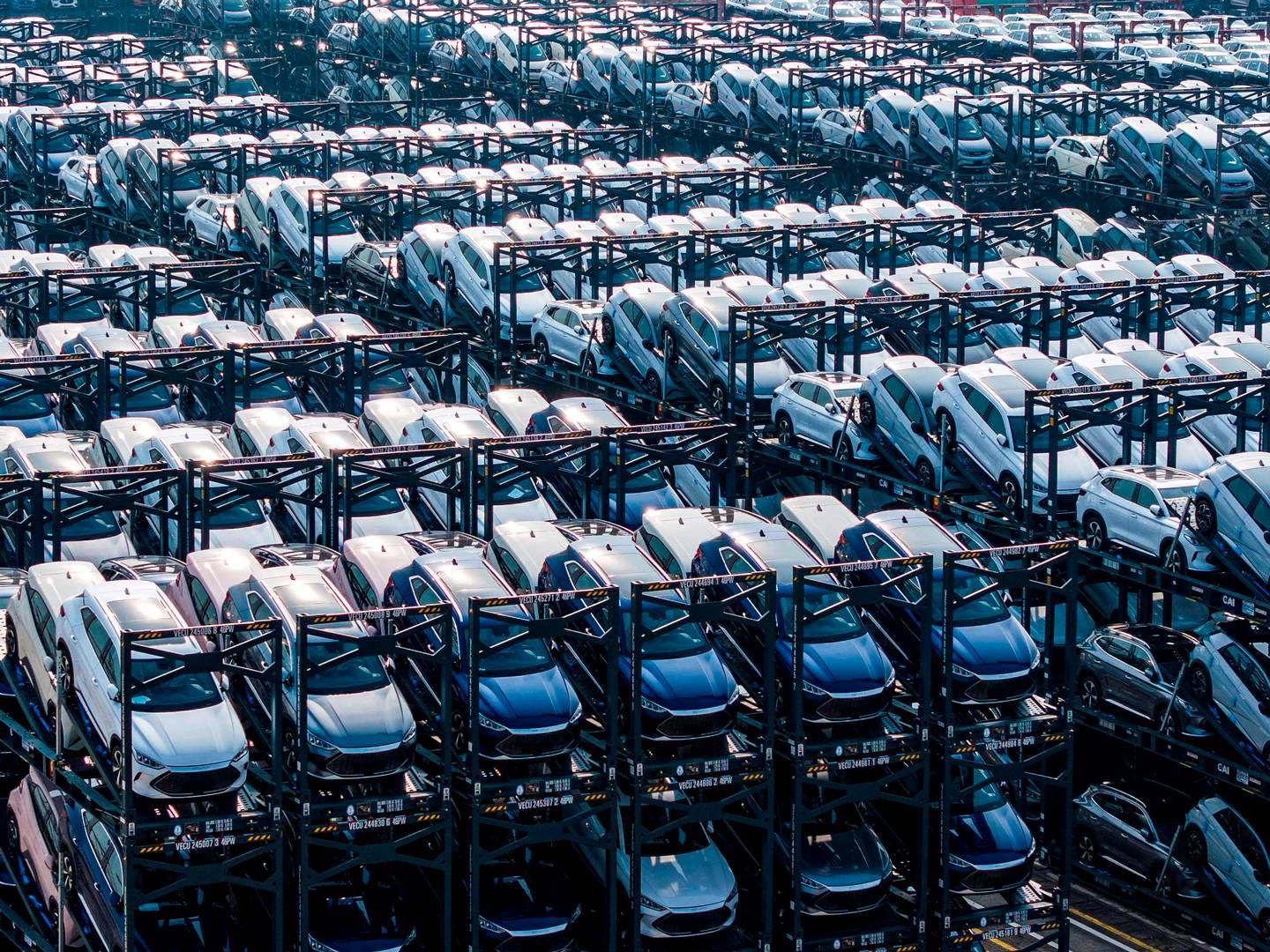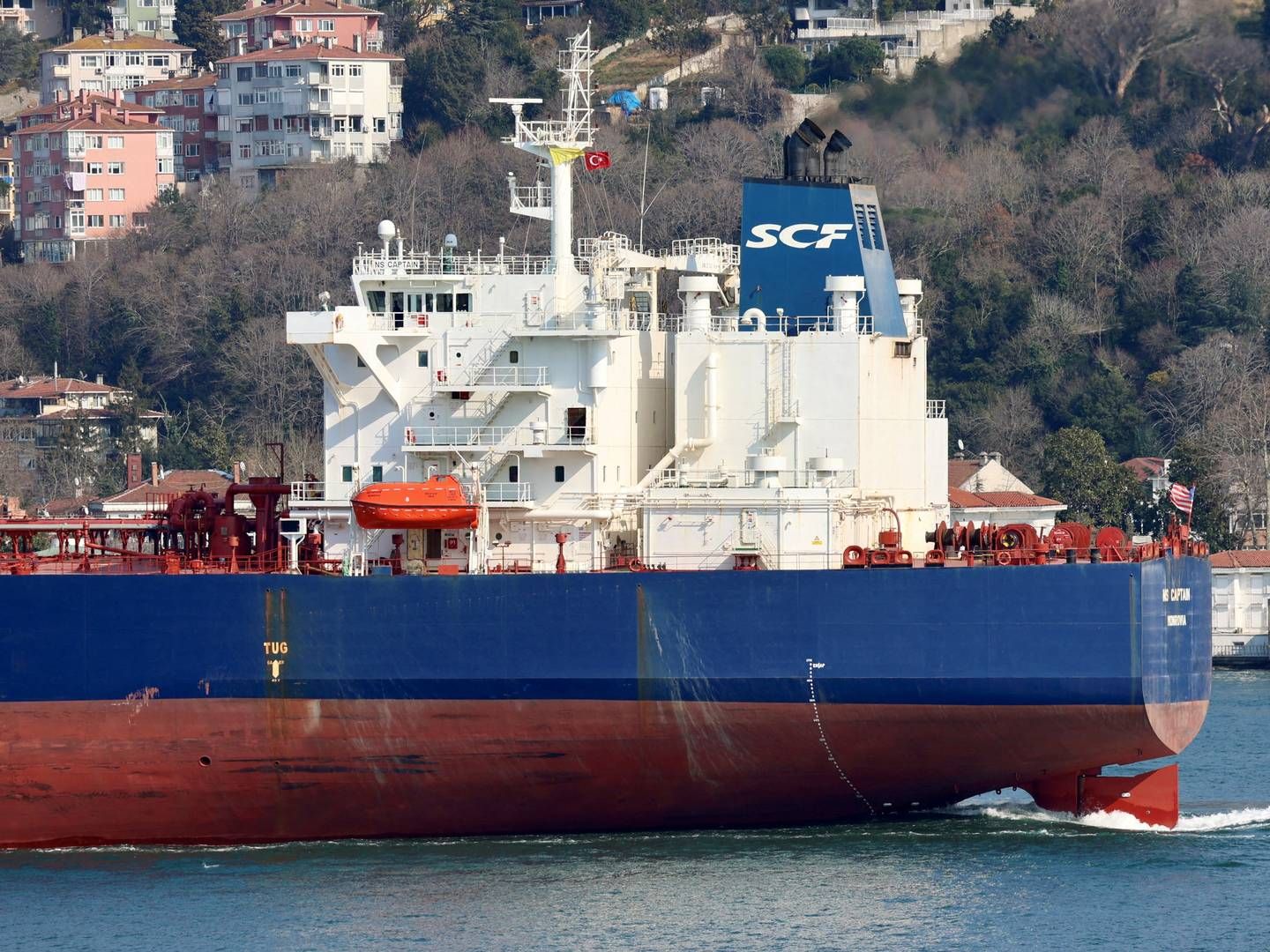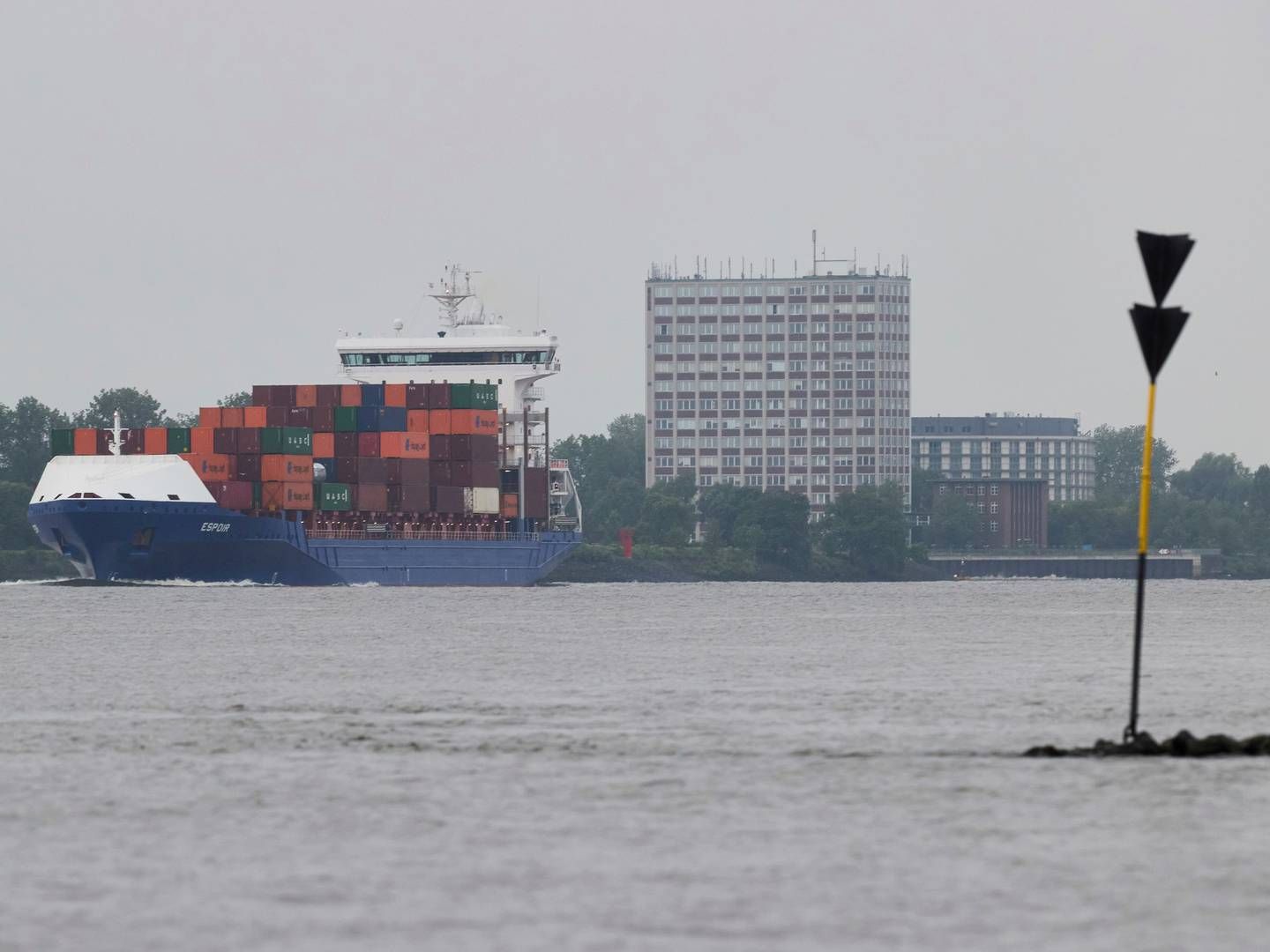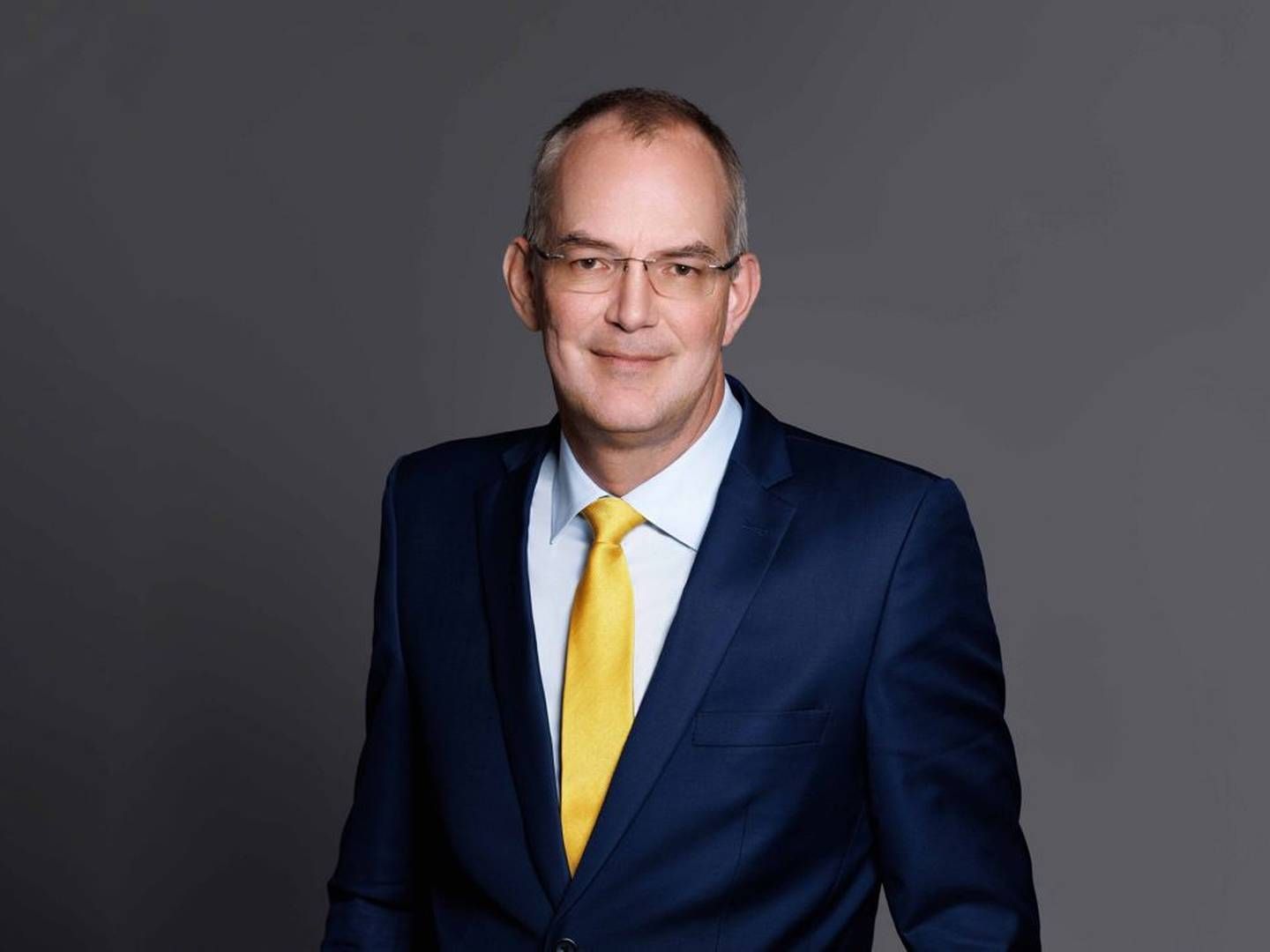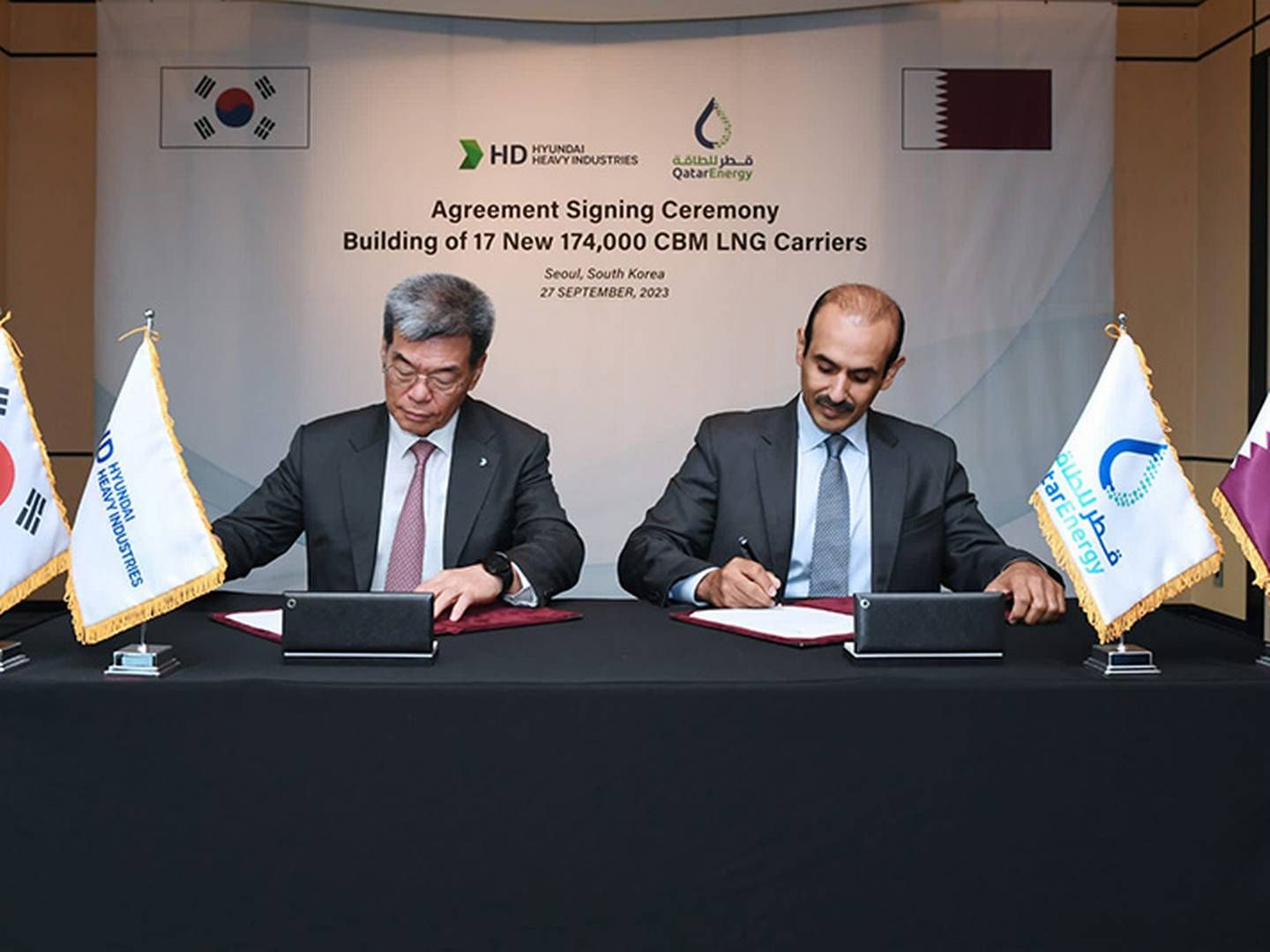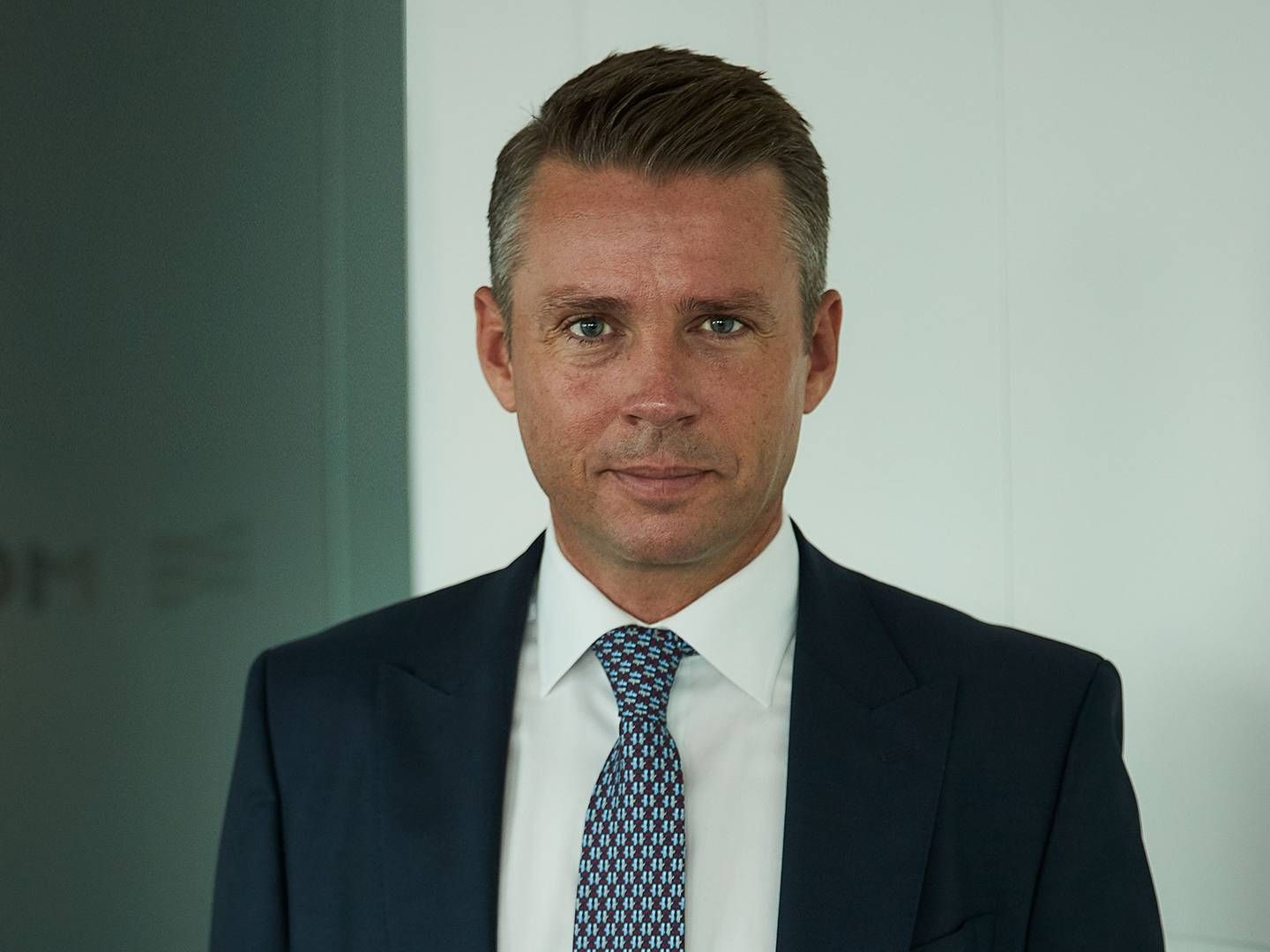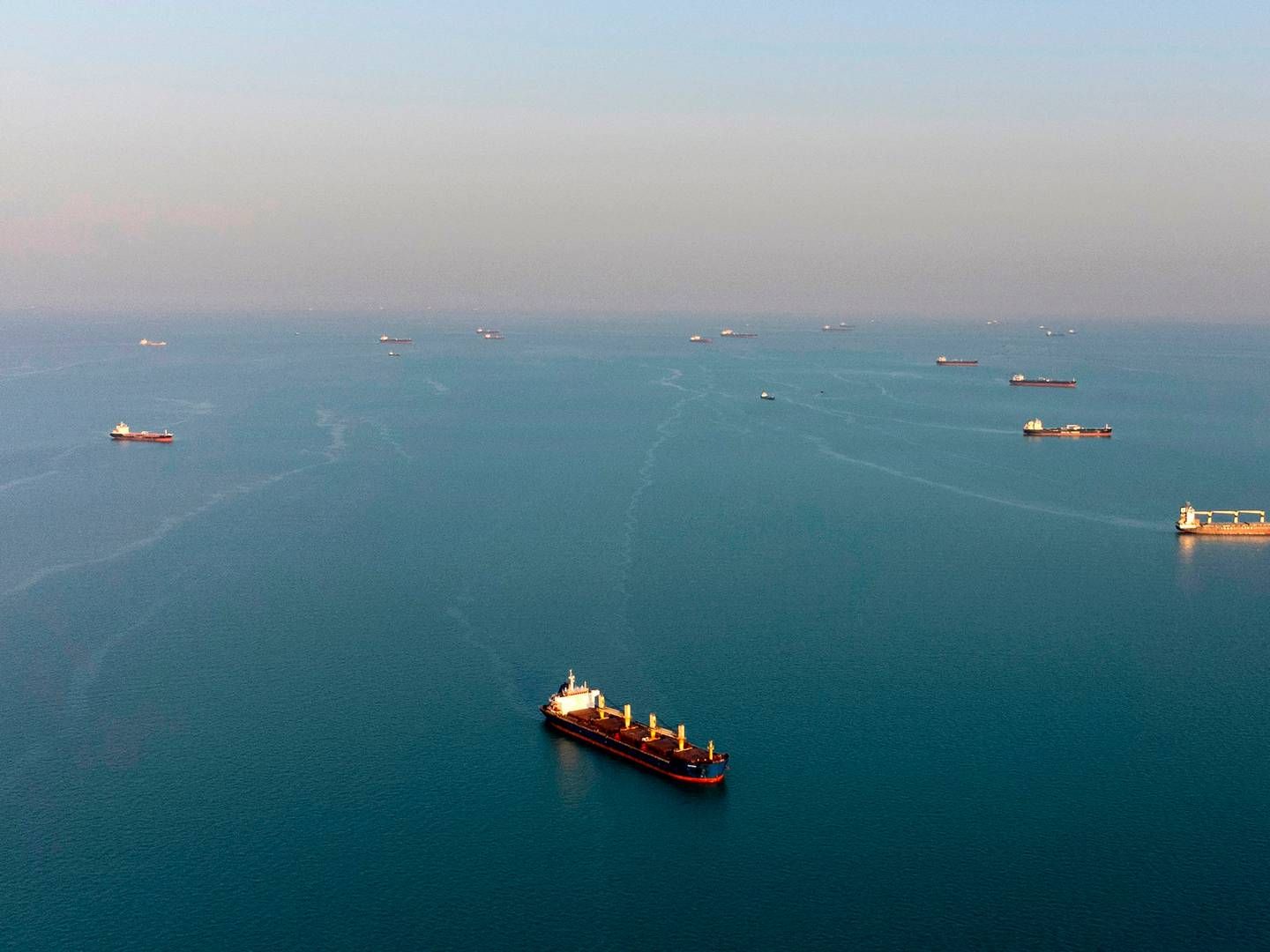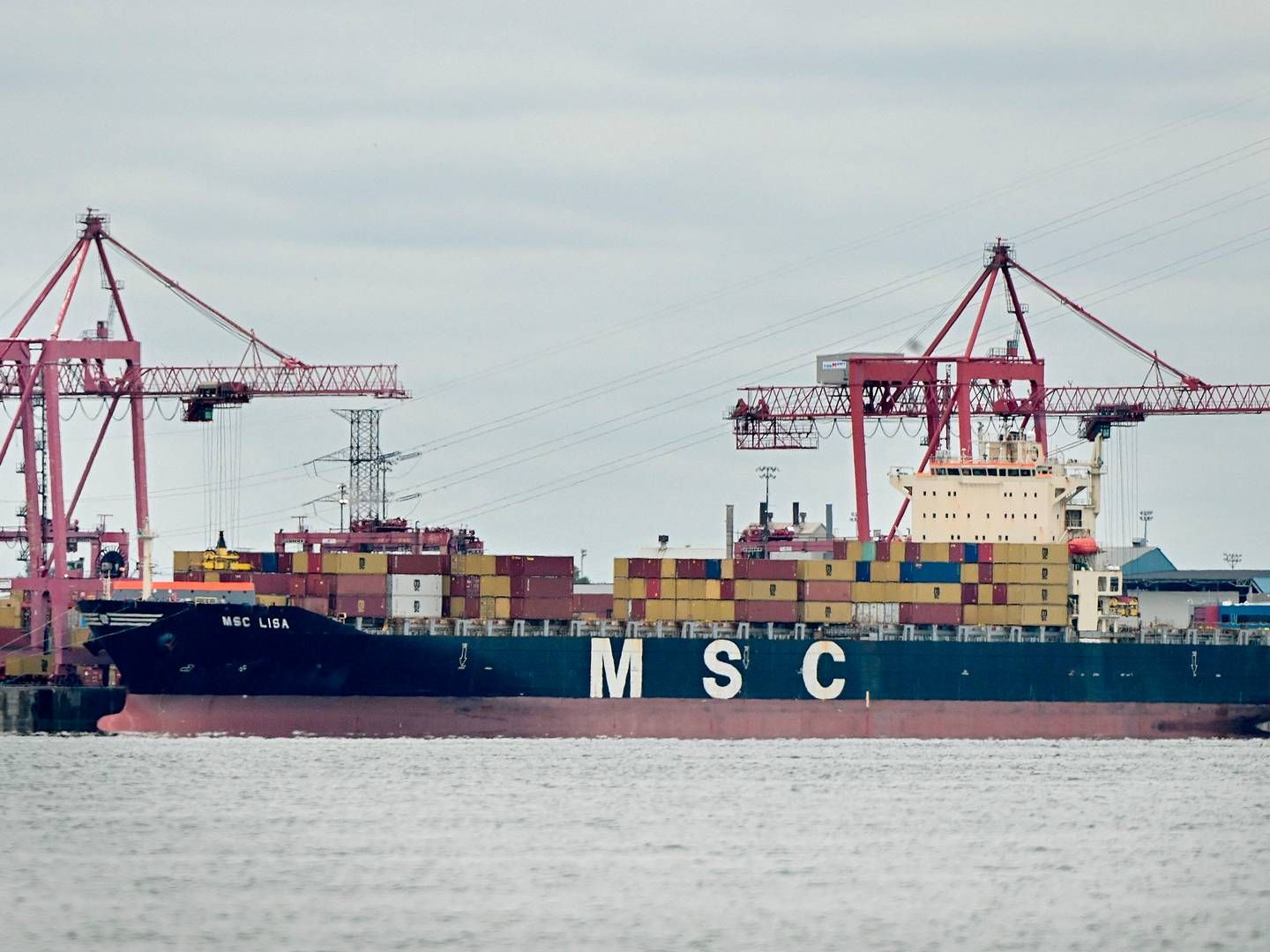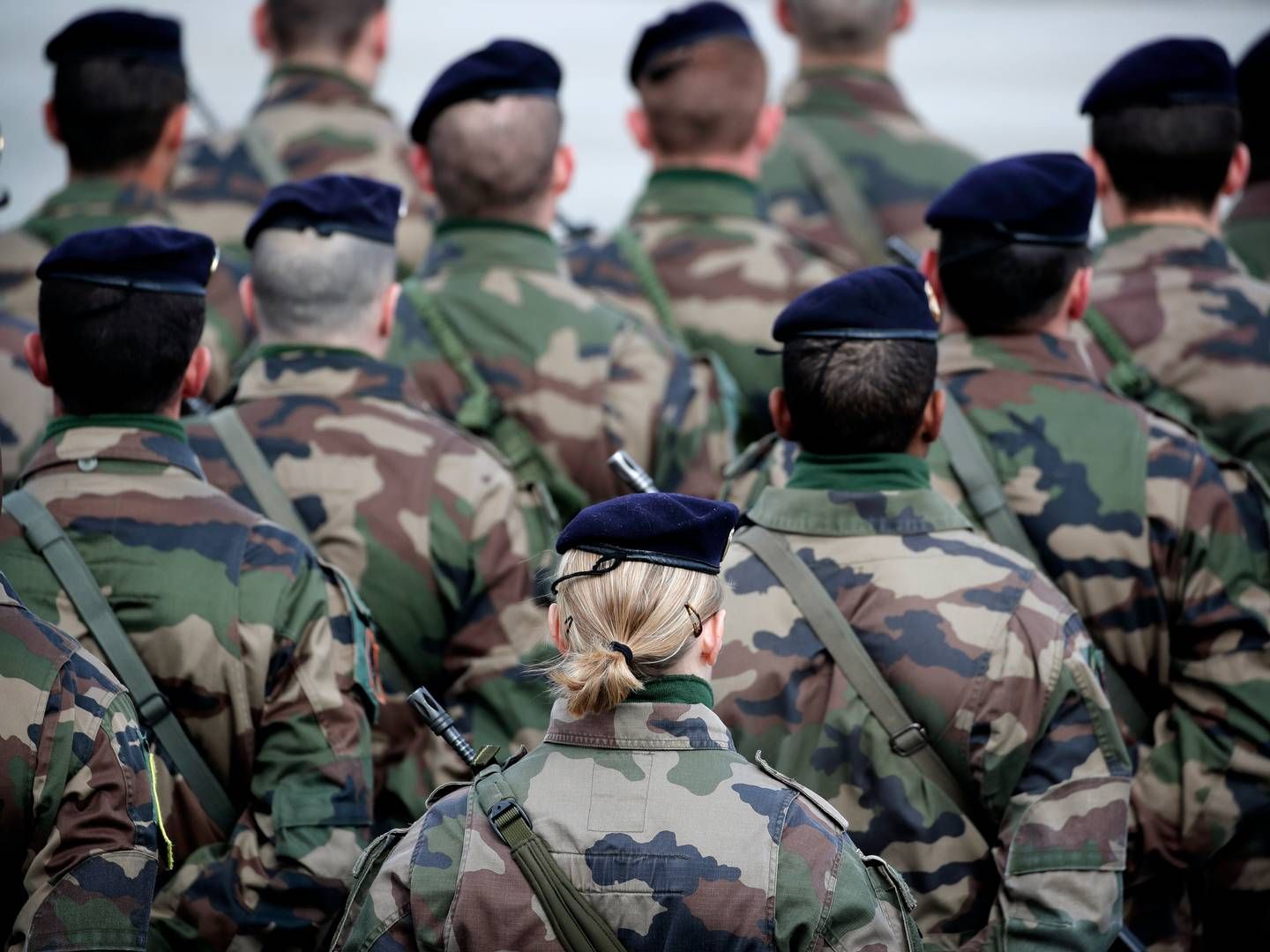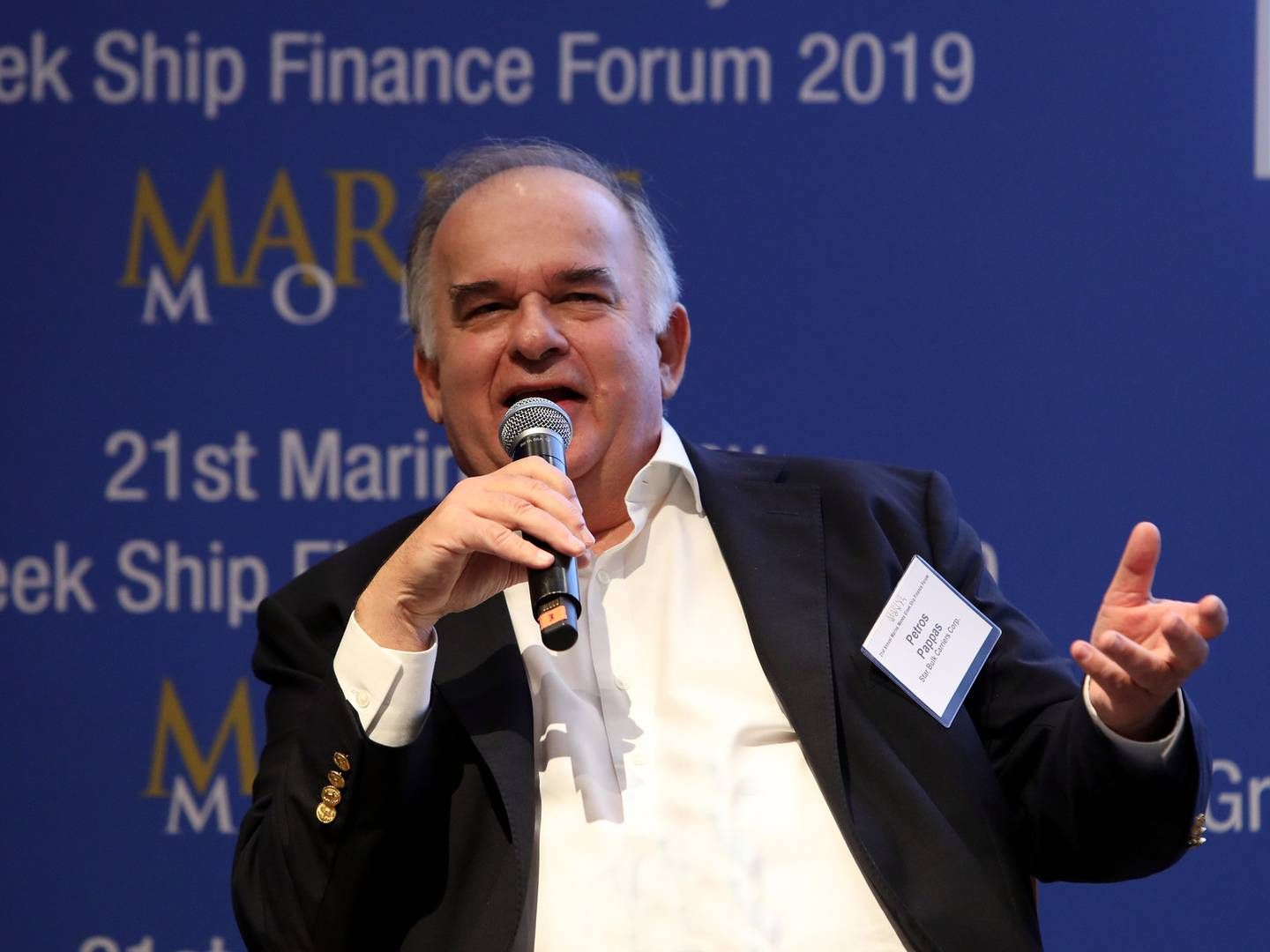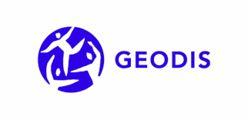Hafnia and BW Tankers merger in place within one month
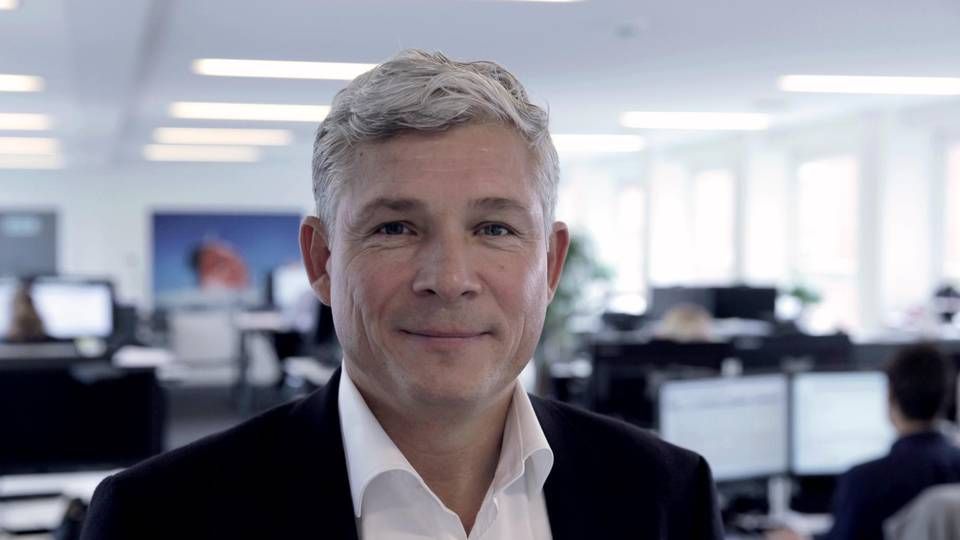
The global product tanker industry will likely see new major players over December when the merger negotiations between Hafnia Tankers and BW Tankers finally falls into place.
In any case, nothing indicates that the negotiations will go slowly, and the parties therefore want to do everything they can to reach agreement by the new year, say several sources speaking to ShippingWatch.
Currently the goal is to finalize the last details and get final approval from the local authorities. The latter is out of the hands of CEO Mikael Skov, who will become the company's future strongman after BW Tanker's chief executive Tina Revsbech suddenly left the shipping company in the midst of negotiations.
After Carsten Mortensen stepped down from the post of CEO for BW Group at the end of September, Skov was succeeded by BW's owner Andreas Sohmen-Pao, pushing the process forward as the new strong pair in global product tanker.
Back in August the two carriers announced plans of a merger. It is therefore logical that the parties have imposed a Dec. 31 deadline, and that only factors out of their control could delay the process.
An improved market?
The product tanker market has, over the past few years, cried out for consolidation in a sector hard hit by vessel oversupply and lack of cargo. Since the merger announcement, things have only become worse.
Many product tanker carriers have proclaimed the third quarter to be historically bad, and this was no exception for Hafnia Tankers, which emerged from the quarter with a USD 16.1 million deficit and a total USD 28.1 million deficit for the first nine months of the year.
After similar negative reports from Torm and Concordia Maritime, the CEOs of the two carriers predicted that the long awaited recovery in product tanker had finally taken off.
"A step change has really taken place. The market is improving relative to the third quarter, and we can already see this in our figures," said Torm's CEO Jacob Medlgaard to ShippingWatch last week, among other things referring to increasing spot rates on the Atlantic.
Hafnia Tankers CEO Mikael Skov sees similar improvements in the market:
"We have seen that some of the important parameters for a stronger market have improved over the year, reducing stocks of refined oil products and lower fleet growth, combined with ongoing oil demand," says Skov to ShippingWatch, adding:
"In addition, falling oil prices have also resulted in lower bunker costs on the fleet, which has had a positive effect, and factually earnings in the product tanker sector have been slowly rising in the fourth quarter."
The optimism from Hafnia Tankers seems slightly dampened compared with Torm, and Skov points out that increasing rates in the last six months of the year are not necessarily an indication of a lasting product tanker recovery.
"Seasonally, it was expected, as it is traditionally a stronger quarter," says Skov, refusing to comment whether the third quarter will be the carrier's last one with a profit.
Consolidation wave rolls onwards
An imminent merger between BW Tankers and Hafnia Tankers is in many ways part of a broader consolidation trend in the product tanker market, that was kick started with Scorpio Tankers Navig8 acquisition last year.
Torm's CEO Jakob Meldgaard has also announced on several occasions that the Danish carrier is open to and expects increased consolidation in product tanker, while in October Scorpio Group CEO Robert Bugbee stated that it would be an advantage for everyone if the sector was cut down to three strong carriers, which investors can get behind.
"I am convinced that consolidation within product tanker will continue," said Bugbee to ShippingWatch.
Skov makes no secret of the fact that there are strong opportunities for mergers, acquisitions and consolidation in product tanker today.
Although he would not comment on ShippingWatch's information while negotiations are underway, he says that the merger progress "is a long way in" and that the merger between BW and Hafnia will "create the largest operator of product tankers globally."
There will thus be three to four major product tankers which have really separated themselves from the pack.
Together with Hafnia, BW will secure a fleet of 100 owned vessels and a pool of approximately 150 ships, which will be the largest with Maersk Tankers and Scorpio Tankers, while Torm, which has not yet teamed up with other players, will lag slightly behind in size.
Although the majority of players agree that it would be a good idea to have fewer, but larger and more liquid companies, some of the leading product tanker carriers – including Maersk Tankers and Torm – are yet to make serious moves in that direction.
Should the merger between Hafnia Tankers and BW Tankers succeed, one of the major questions will be who is next in line.
Back in October, Scorpio Tankers suggested Maersk Tankers and Torm:
"We expect that something will happen between Torm, Maersk Tankers, Ardmore and Diamond S. They all need to negotiate but for different reasons," said Bugbee and stressed that Scorpio is out of the equation so far.
English Edit: Lena Rutkowski
"Something will happen between Torm, Maersk Tankers, Ardmore and Diamond S"
Related articles:
Hafnia Tankers books deficit in historically low market
For subscribers

